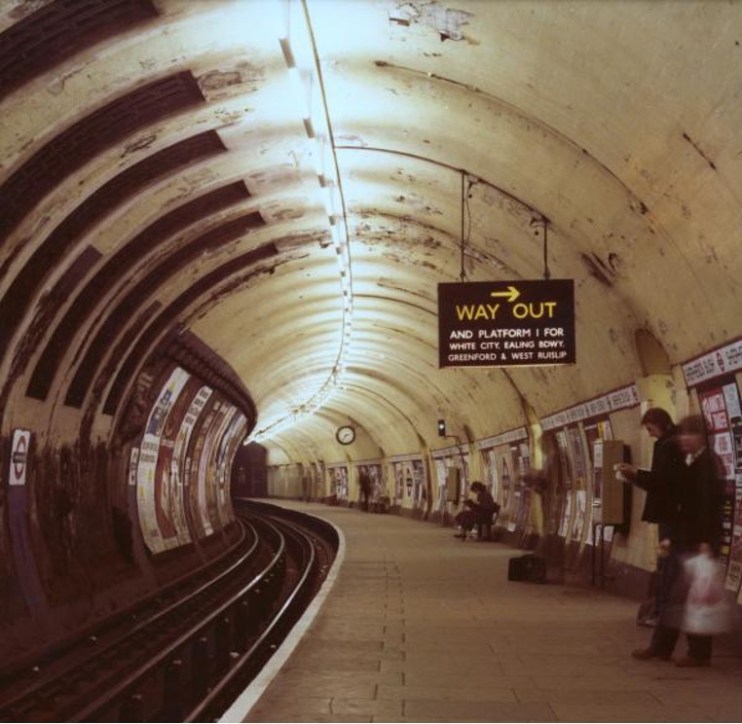TfL: Network planning for “managed decline” and return to 1970s without Whitehall funding

LONDON’S transport network is headed for “managed decline” that will echo the 1970s if central government refuses to fill a growing funding black hole.
Late on Wednesday evening, TfL’s finance committee published the bleakest assessment yet of the future of London’s public transport network, outlining an 18 per cent reduction in bus services and a 9 per cent decline in tube services unless emergency funding is found.
TfL has received three emergency bailouts since the beginning of the Covid-19 pandemic, the latest of which runs out in just over three weeks.
The network is more reliant on fare revenues than almost all other major cities, revenues that effectively dried up during lockdowns.
TfL is required by law to balance its budget and therefore without capital investment from Whitehall the only way to do so is a radically reduced service. The papers warn that cancelled upgrades of train fleets could lead to 25 per cent service reductions on some lines at peak times. The body has also warned of closures to vital road infrastructure including the Rotherhithe Tunnel and the Westway.
A package of £500m this year and £1.2bn for 2022/23 has already been requested, with the Department for Transport set to rule by December 11.
But the apocalyptic warnings contained in the finance committee’s papers suggest that the finances have worsened by £1.2bn over the course of 2022-25 due to inflationary pressures and a slower recovery than forecast in passenger numbers. The forecasts have also been knocked off course by higher than expected compliance with the new ultra low emission zone, reducing revenues.
The total funding gap across the financial years 2022-2025 now stands at £6.6bn, per the new papers. TfL had been on course for financial sustainability before the pandemic struck, reducing annual running costs by more than £1bn in the past five years.
Mayor Sadiq Khan last night warned that there would be “no choice but to make significant cuts to services just as demand is growing again.”
“This would mean fewer, less frequent and more run-down bus and tube services for Londoners,” he continued.
TfL Commissioner Andy Byford said late last night that “without meaningful sustained investment we will see a damaging vicious circle of underinvestment and service cuts, dragging London back to the 1970s and ‘80s era of an ageing, infrequent and unreliable transport network.”
Both Khan and Byford warned that cuts to TfL services would put the UK’s economic recovery at risk. London contributes a net benefit of £36.1bn to the Treasury coffers each year.
A Department for Transport spokesperson previously told City A.M.: “We have repeatedly shown our commitment to supporting London’s transport network through the pandemic, providing more than £4bn in emergency funding to Transport for London.
“The current funding agreement, which runs until December 11, take steps to move TfL towards a financially sustainable future in a way that is fair to the national taxpayer.”